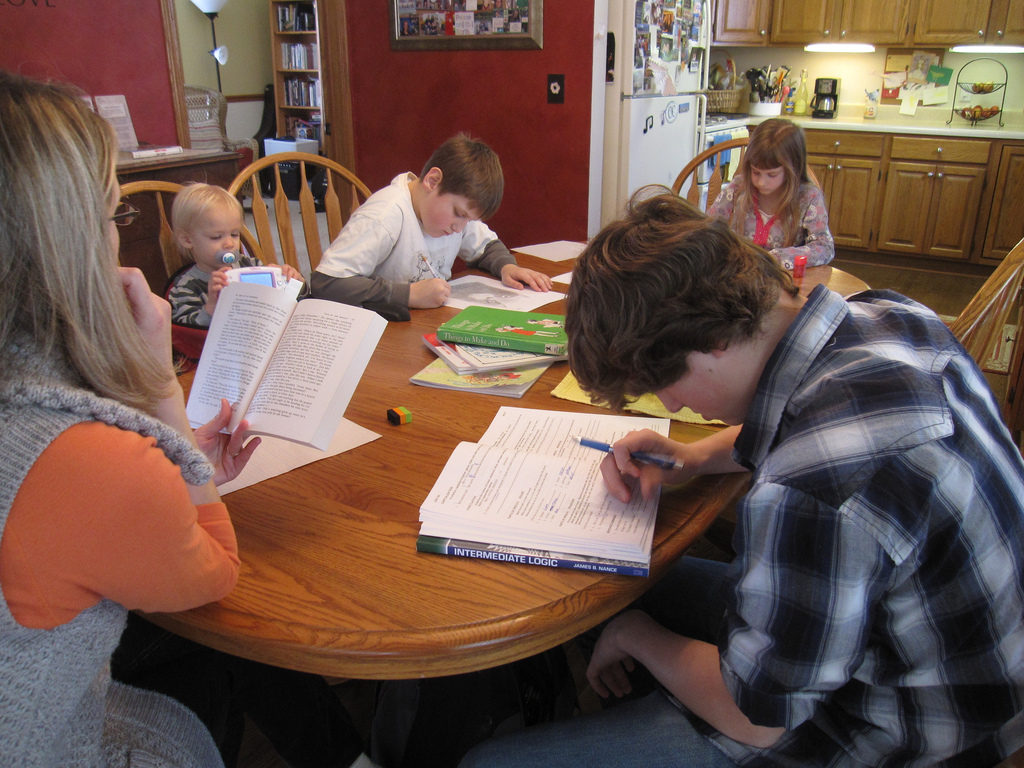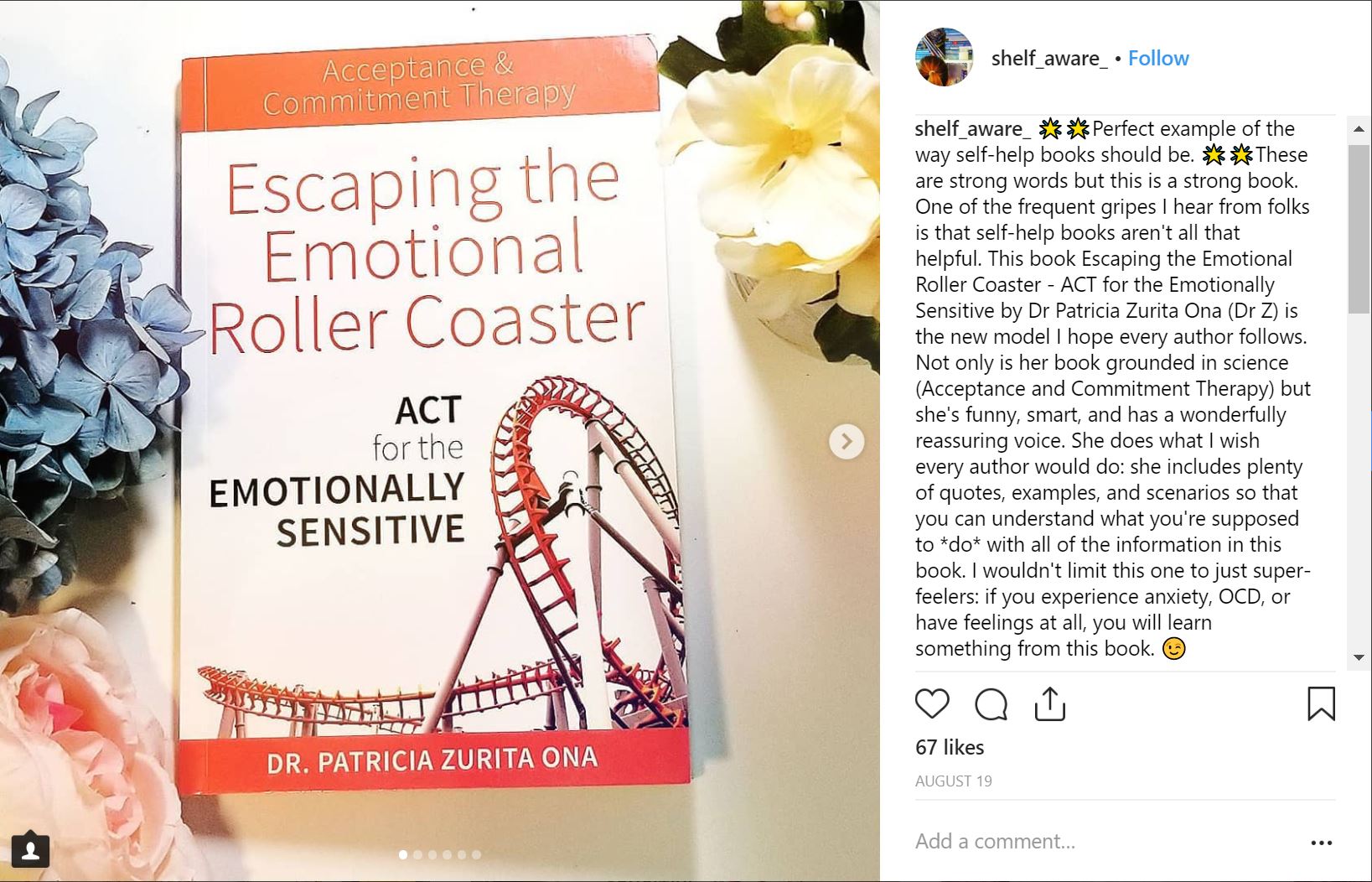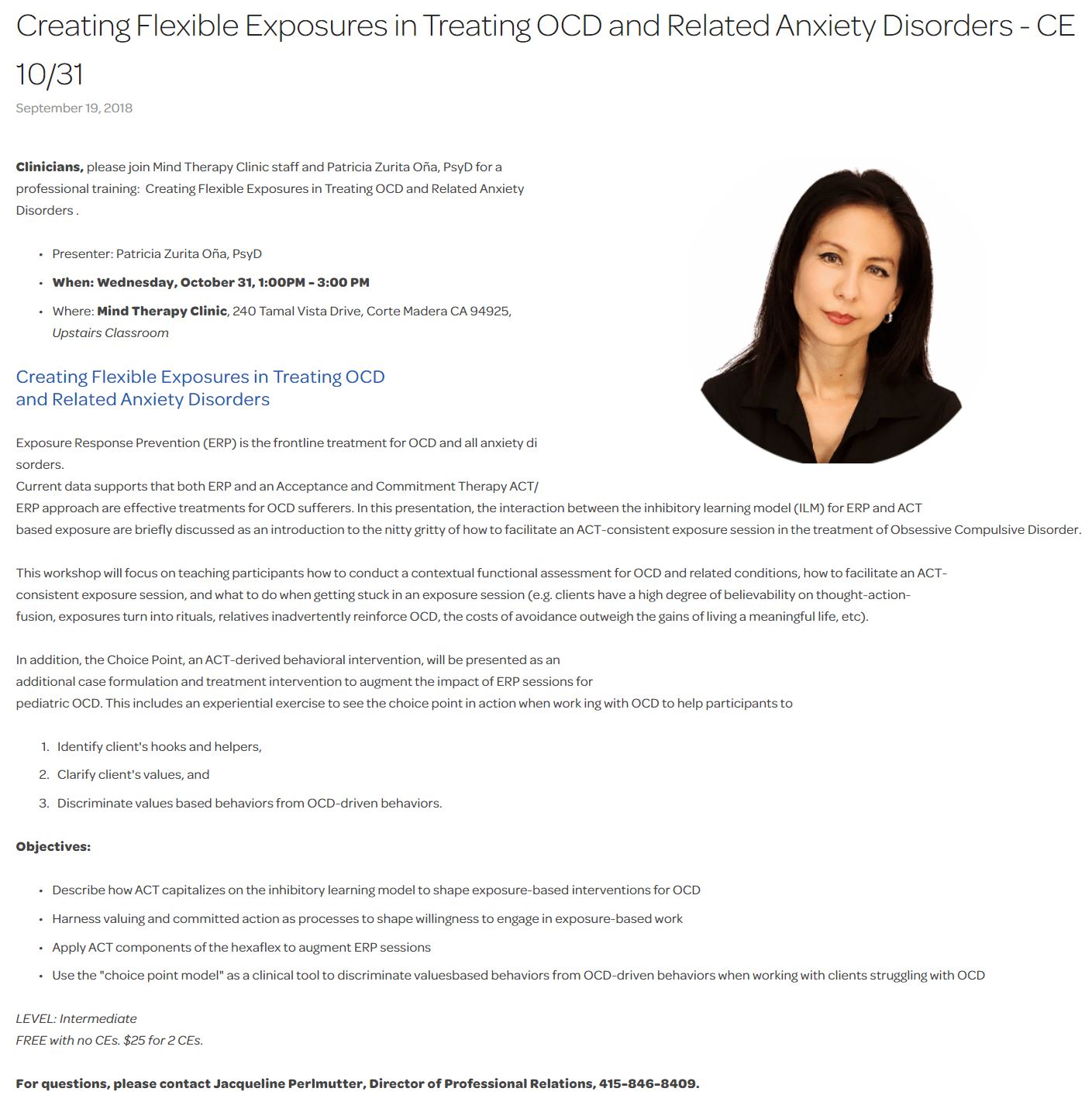
You might be wondering about the impact of homeschooling on your kids of teens, and you’ve probably heard some assumptions about how homeschooling impacts children. According to the 2012 National Center for Education Statistics, approximately 3% of school-aged children (5-17) are homeschooled; while parents give a number of reasons behind this upwards trend, the most common reason for homeschooling was “their concern about the environment of other schools” (Redford, J. & Bielick, S., 2016). Today we want to give you some of the current research on the good, the bad, and the ugly of homeschooling.
Here are the good news about homeschooling: academically speaking, the research shows that homeschooled kids and teens perform academically appropriately to their age level; for instance, a 2001 study showed that on average homeschooled children scored at or above the 80% on standardized test compared to their public-schooled peers.
In the realm of socialization, although researchers have agreed that homeschooled children have fewer peer contacts than their public-schooled counterparts and there is a major concern about them not developing social skills, research has demonstrated that homeschooled children expand their social network with people of different ages due to their involvement in extracurricular groups and they also show regular social interaction with others (Catham-Carpenter, 1994; Medlin, 2000).
Here are the bad news about homeschooling: it primarily affects mothers. Homeschooling take an enormous amount of time to research, plan, and implement and usually mothers take the entire responsibility of homeschooling. In fact, one study showed that among mothers who homeschooled their children, 11% reported severe time pressures and 64% reported distinct time pressures.
Here is the ugly about homeschooling: the driver of the switch. Imagine for example, a child refusing to attend school, that quickly parents decided to homeschool them. Although it seems benign, this can actually be counter-productive because it’s encouraging avoidance of the problem, instead of addressing it directly. Often times a child’s urge to avoid school is driven by different possibilities such as fear about something bad happening to their parents (separation anxiety disorder), fear about being misjudged (social anxiety disorder), or a specific fear (specific phobias). Therefore, it’s important to NOT use homeschooling as a quick response because it can just make the underlying anxiety disorder worse.
You have read the good, the bad, and the ugly aspects of homeschooling. As long as you’re aware of what research has established up to this point, then you can make an informed decision.
References:
Redford, J., Battle, D., and Bielick, S. (2016). Homeschooling in the United States: 2012 (NCES 2016-096). National Center for Education Statistics, Institute of Education Sciences, U.S. Department of Education. Washington, DC.
Murphy, J. (2014). The Social and Educational Outcomes of Homeschooling. Sociological Spectrum, 34 (3), 244-272. DOI: 10.1080/02732173.2014.895640
Chatham-Carpenter , A. (1994). Home Versus Public Schoolers: Differing Social Opportunities. Home School Researcher 10 (1), 15– 24.
Medlin , R. G. (2000). Home Schooling and the Question of Socialization. Peabody Journal of Education, 75 (1/2), 107 – 123.



